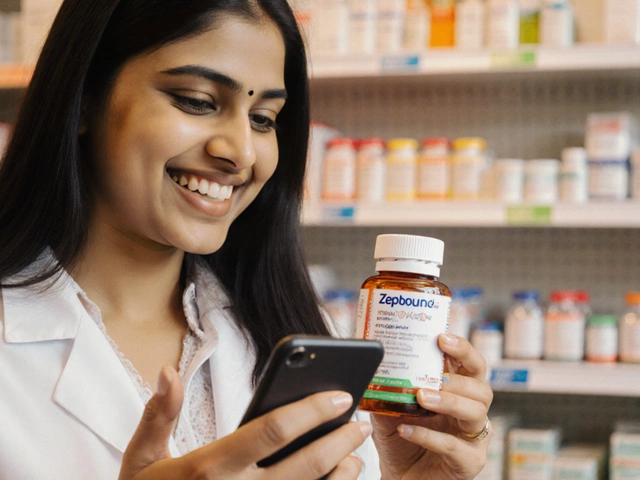Routine Screening Guide: What Every Person Should Know
When talking about routine screening, a systematic set of health checks performed at recommended intervals to catch diseases early. Also called regular health assessment, it helps doctors spot problems before symptoms appear.
Another key player is preventive health checkup, a visit that includes basic vitals, blood work, and risk‑factor evaluation. This checkup feeds into early detection, the process of identifying disease at its earliest, most treatable stage. Together they form a cycle: regular screening leads to a preventive checkup, which uncovers biomarkers, which then trigger early‑detection actions.
Why Routine Screening Matters
First, it catches silent conditions. High blood pressure, cholesterol spikes, or early‑stage diabetes often have no obvious signs. A routine screening flag can prompt lifestyle tweaks or medication before organ damage sets in. Second, it guides personalized care. When doctors see a pattern—like rising PSA levels or abnormal liver enzymes—they can tailor follow‑up tests, such as imaging or specialist referrals, to your exact risk profile.
Third, screening aligns with public‑health guidelines. Organizations like the WHO and national health ministries publish age‑specific schedules: mammograms for women over 40, colonoscopies after 50, bone‑density scans for seniors. Sticking to these timelines reduces mortality rates across whole populations. Fourth, it saves money in the long run. Treating advanced cancer or end‑stage heart failure costs far more than a simple blood test or ultrasound done early.
Finally, routine screening empowers you. Knowing your numbers—blood glucose, cholesterol, kidney function—creates a baseline. When future results drift, you can see the change clearly and act. It shifts health from reactive (treating illness) to proactive (maintaining wellness).
Our collection below dives into specific areas where routine screening shines. You'll find posts about post‑surgery recovery timelines, medication safety, and even how genetics affect IVF outcomes—all tied together by the common thread of regular health monitoring. Whether you're curious about the best time to drive after knee surgery or the latest guidelines for weight‑loss drug pricing, each article shows how screening data informs better decisions. Keep reading to see practical tips, real‑world examples, and up‑to‑date advice that makes routine screening a habit you can trust.

Full Body Checkup: What’s the Best Age to Start?
Curious about the right time for your first full body checkup? This article digs into when it actually makes sense to book your first health screening—whether you’re in your 20s or pushing 50. You’ll find out what doctors recommend, hacks for making the most of your checkup, and why age isn’t the only thing that matters here. Skip the guesswork and see facts, tips, and aftercare ideas that could make your checkup more useful. Stay ahead of surprises by knowing exactly when and how to get checked.
read more



